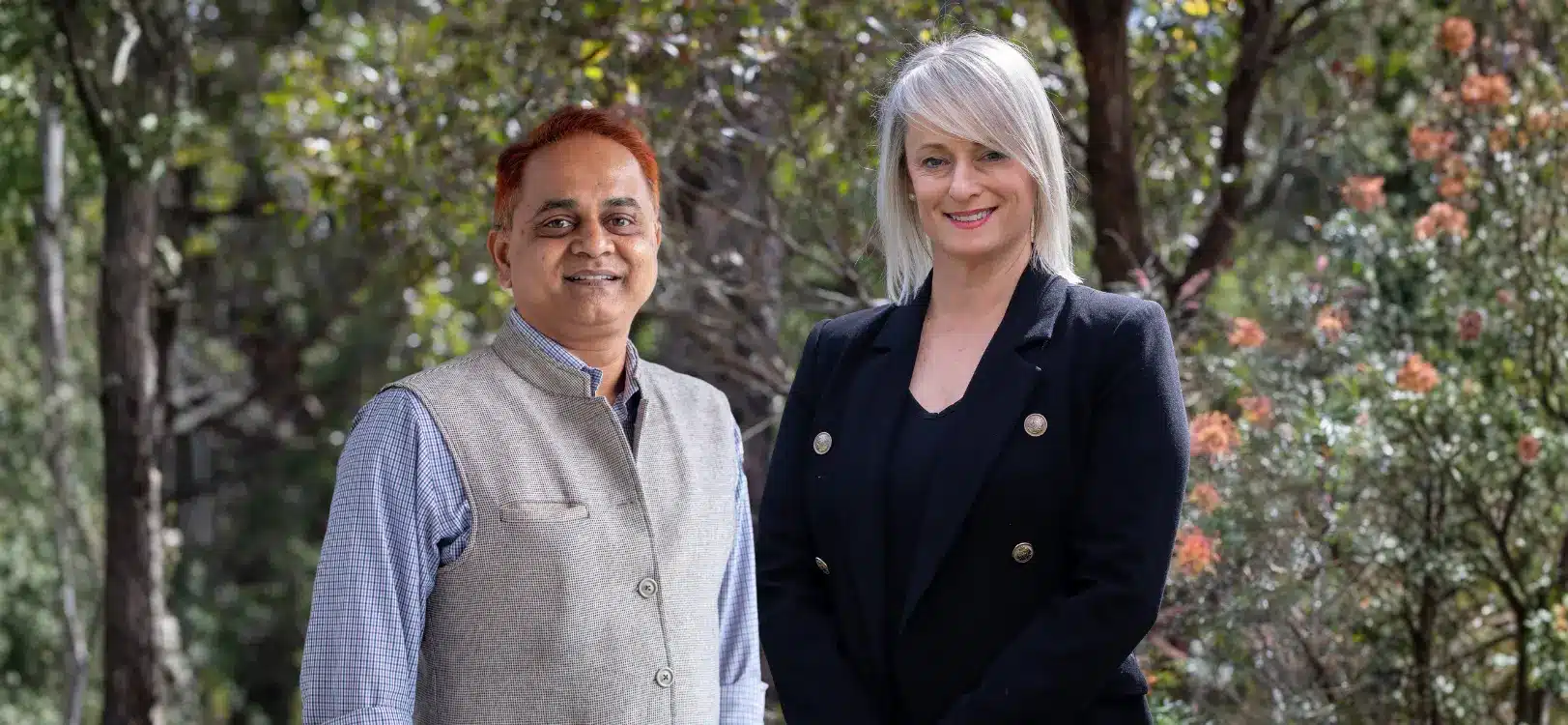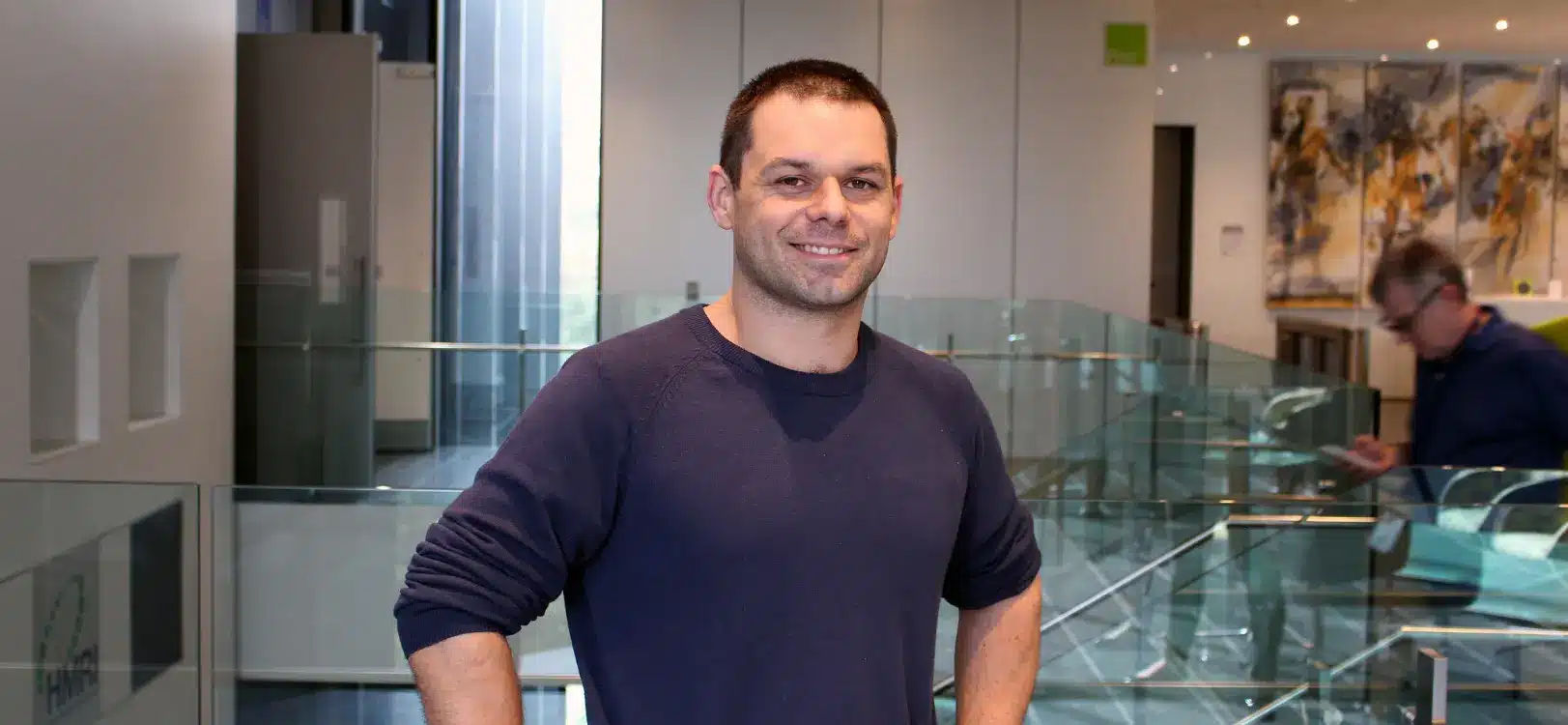Professor Jeannette Lechner-Scott is a senior staff specialist in the Department of Neurology, Newcastle, and a conjoint Professor at the University of Newcastle.
She is the head of the Neuroimmunology clinic at John Hunter Hospital in Newcastle and the deputy director of the Immune Health Program in the Hunter Medical Research Program.
Professor Lechner-Scott is on the Board of Directors of MS Plus, a member of MSIF and the chief editor of MSARD.
She is the recipient of the 2023 Ian McDonald Award for Outstanding Research in Multiple Sclerosis.
Her research stretches over various fields (genetics/epigenetics, new MRI technologies, pregnancy, cognition in MS, etc), but always has the person with MS in its centre.








